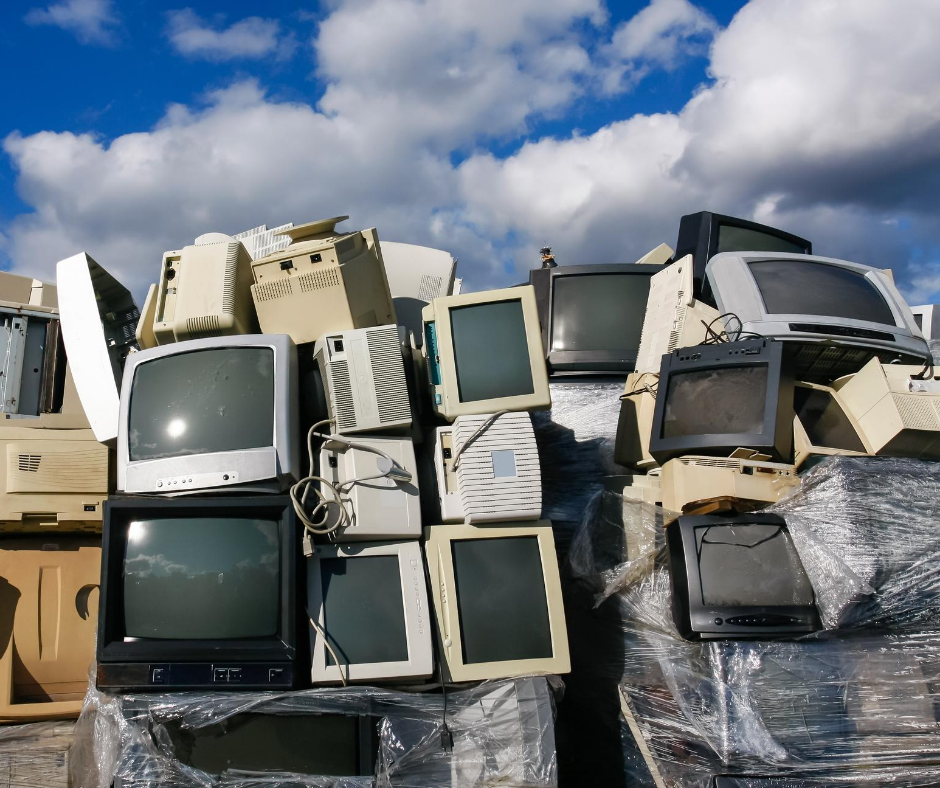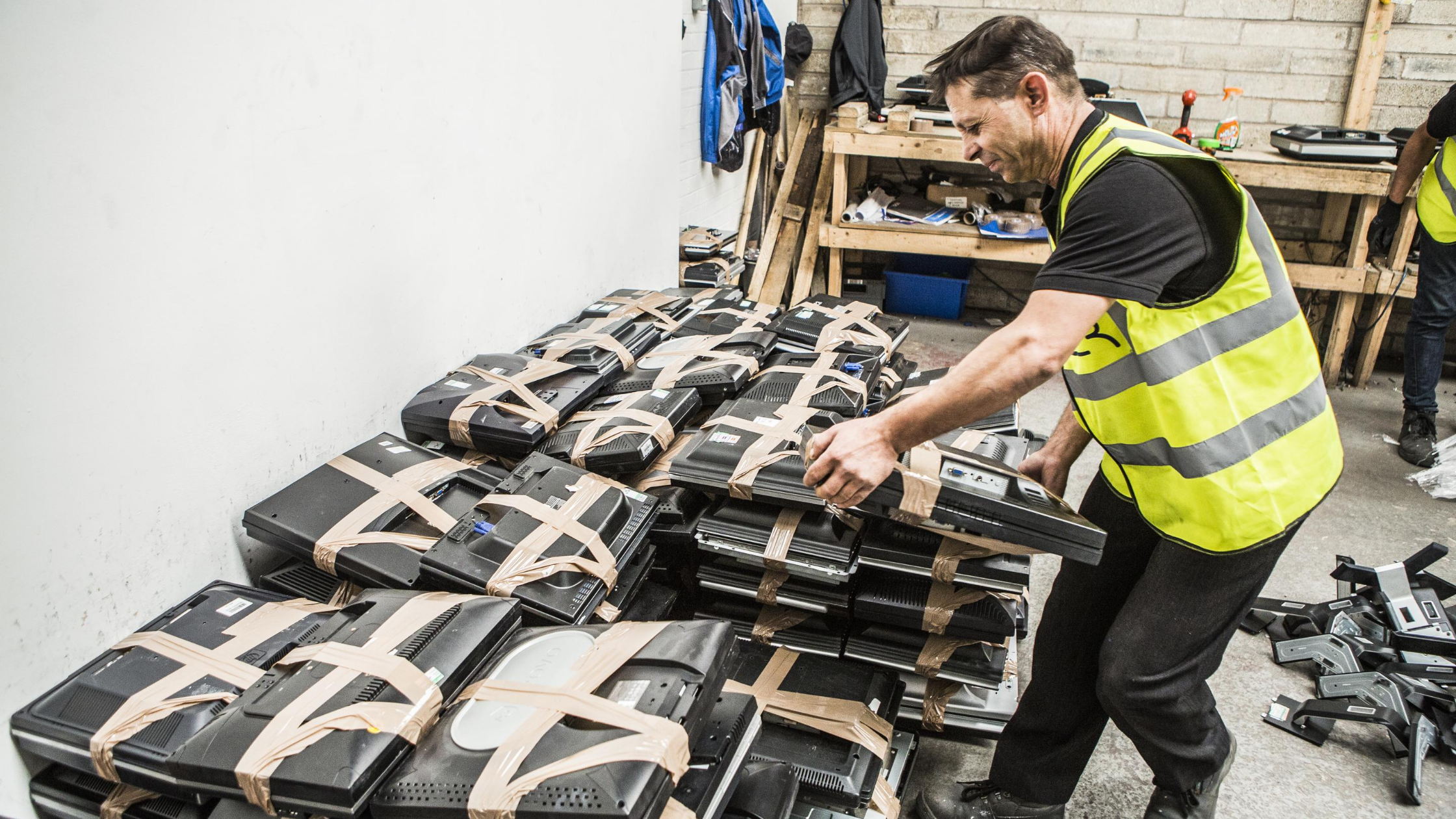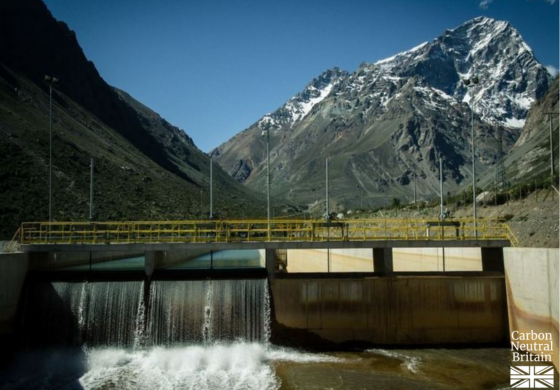UK Fails To Meet WEEE Targets For Q2 2020
The waste electrical and electronic equipment collection targets for the second quarter of 2020 have been missed, according to the provisional data released by the Environment Agency earlier this Month.
The provisional statistics are still to be verified throughout August but are already suggesting that only 64,039 tonnes of household WEEE was collected and recycled by producer compliance schemes. This figure shows a huge fall from the Q1 in which 134,610 tonnes of waste was collected.
The fall in WEEE collected is expected to be due to the impact COVID-19 has had on the country. The Q2 figures cover the period from April to June, when the UK was in a nationwide lock-down and shows that although household WEEE waste collection increased once local recycling centres reopened during lockdown, there was an estimated 52% drop in overall electronic waste collected and recycled.
Robbie Staniforth, Head of Policy at compliance specialists Ecosurety, said: “While the drop in collections is both anticipated and significant, there is some hope that we can make up lost ground with higher collection rates expected in the second half of this year. Local authority services are coming back to normality and we have seen private collections starting to rebound slightly. However, consumer confidence and industry output is so low that we have now entered a recession. The obvious upside is that citizens will be keeping their machines and devices longer but that will lead to a drop in the amount discarded and difficulty in meeting the targets set for this year.”
Normally, when the annual target is missed, PCSs and producers are obligated to pay a compliance fee if they fail to obtain sufficient evidence to meet their collection targets under the 2013 WEEE Regulations.
The Department for Environment, Food and Rural Affairs (Defra) stated that it would take the impact of Covid-19 into account when considering methodologies for this year’s compliance fee, which has been welcomed by the sector.
 Staniforth said: “All industry eyes will now be on the methodology selected for the Compliance Fee. It needs to incentivise collections for the rest of the year without being too punitive on producers who cannot be over-burdened by the effects of the pandemic on the recycling sector. It will be a tricky balancing act for the proposers and Defra. One significant change we would like to see is the removal of the escalator in previous methodologies that sees big schemes and producers pay less per tonne than smaller ones.”
Staniforth said: “All industry eyes will now be on the methodology selected for the Compliance Fee. It needs to incentivise collections for the rest of the year without being too punitive on producers who cannot be over-burdened by the effects of the pandemic on the recycling sector. It will be a tricky balancing act for the proposers and Defra. One significant change we would like to see is the removal of the escalator in previous methodologies that sees big schemes and producers pay less per tonne than smaller ones.”
Harvey added: “So it is good that WEEE recyclers were offered interest free loans from the WEEE Fund earlier this year. That will hopefully help to tide them over during this challenging time. But for producers and PCSs, we need a 2020 compliance fee that takes full account of the tonnage reduction. It needs to be very carefully designed. It should not burden producers and their schemes with large compliance fee payments that would be the logical consequence of a failure to hit targets. But at the same time, it must continue to incentivise WEEE collections. Meeting those two potentially conflicting objectives will require careful economic analysis coupled with innovative thinking.”




